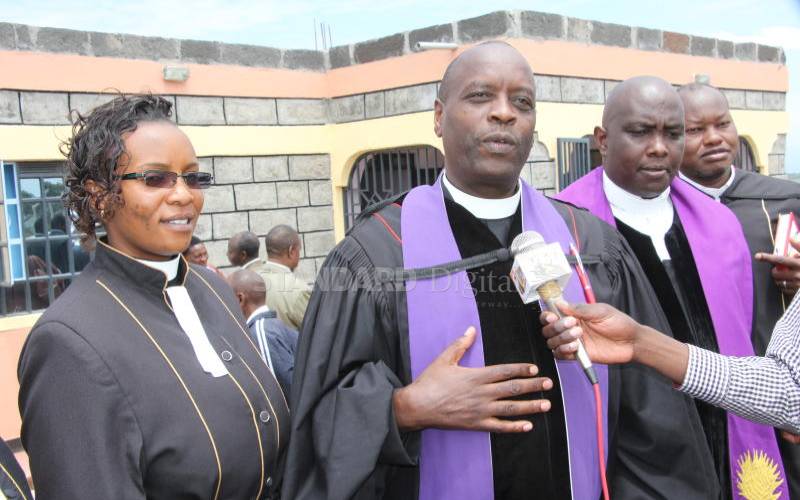×
The Standard e-Paper
Fearless, Trusted News

Watching, in horror movies, as the dead crawl from the grave, steal from the living and creep back into their caskets leaving in their wake horrified and traumatized victims, can be thrilling.
But now, a new breed of criminals is rewriting these horror scripts, with a twist where the dead steal from millionaires long buried.